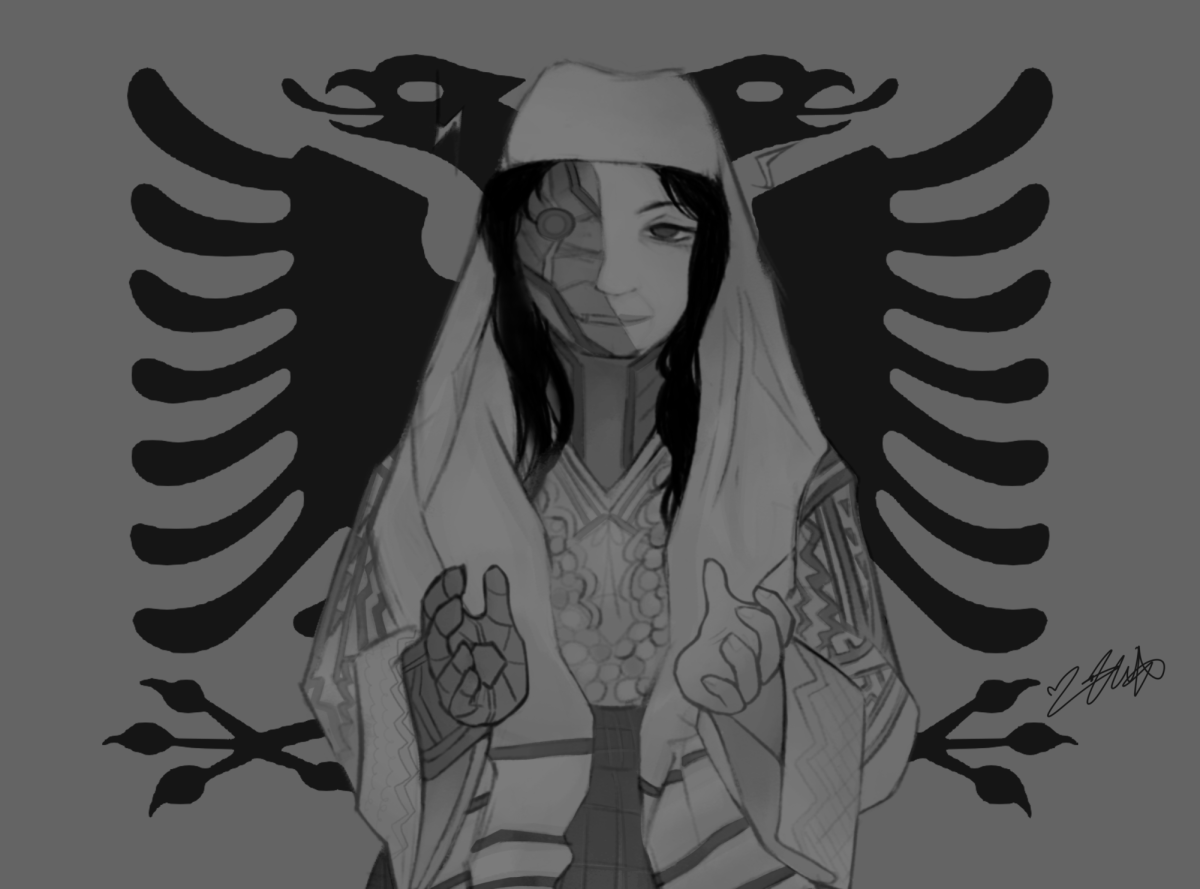As Valentine’s Day draws near, from what I’ve gathered romance should be like, I picture this: Instagram stories featuring a partner holding a bouquet of 100 roses to the song “Perfect Pair” by Beabadoobee, romantic posts of candle-lit, dinners, and videos of cute couples vlogging their Valentine’s Day dates. But, I have to wonder in today’s culture and modern environment, will all of this actually happen? What I mean is, will it be a truly romantic Valentine’s Day this year, or will it be … casual?
As I look both on social media and our campus, I can’t help but notice how romantic relationships, or even the idea of romantic relationships, have been revolutionized by Gen Z. Now, this isn’t meant to be a “Gen-Z killed love” rant, but rather, it is a step back to look at what’s become “normal” or “acceptable” in my generation’s dating culture. More specifically, this is about the concept of being “nonchalant.”
Gen-Z dating culture: the name of the game is to connect with someone without letting them see you put too much effort or emotion into the relationship. On TikTok, there are about 182.2 million posts with the hashtag “nonchalant.” A person who is nonchalant must display that they couldn’t care less about their relationship or being romantic. It’s the, “Don’t let them think you care too much, or else, you’re not cool,” stigma.
This concept did not just appear out of thin air. It stems from another new phenomenon that is planting itself in this generation’s dating culture; the fear of permanence in a relationship and the fear of failing in one. According to market researcher YouGov, 50% of American adults aged 18-34 reported to have been in a situationship. On top of that, a report by the dating app Hinge said that 57% of their Gen Z users have admitted that they’d held back on confessing their emotions for fear that it would be a “turn off.” Because of this, those who harbor this fear tend to use nonchalant-ness as a defense mechanism; a scapegoat for if and when the relationship goes south. These trends helped shape the detachment and romantic risk aversion that is so normalized and prevalent today.
Situationships, hookups, friends-with-benefits, and talking stages have become the new “dating” status, and really, labels have become a turn-off, so who’s really keeping track? With casual relationships, it’s much easier for partners to dismiss everything that they simply do not wish to deal with, like fights and long-term commitments.
The mindset of “attracting, not chasing” has become prominent all across social media platforms, with 100+ posts using that hashtag on Instagram, which ultimately means that people have ditched the patented, romantic yearning and are instead waiting for others to make the first move. BBC states that Gen Z has a “pragmatic approach to love and sex,” and, therefore, “aren’t prioritizing establishing committed romantic relationships.”
This fairly new grey area allows people to, instead of jumping into commitment, dip their toes in to test the waters. And, with the numerous #nonchalant posts and the popularization of situationships, it seems that most people nowadays are always preparing to avoid the water completely. With this avoidant style, people lose the opportunity and ability to develop complete trust, deep conversations, and actual meaning in their relationship.
In my eyes, we have lost the yearning, the chasing, and the in-person professions of love with a bouquet of flowers and chocolate. The genuine, deep conversations have devolved to a “wyd” text at one o’clock in the morning. The surface-level connection that this nonchalant-ness produces dooms the relationship to failure. The beauty of facing the unknown and the uncertainties together with your partner disappears the moment both partners ready themselves to pull out of the relationship at any time.
So, perhaps “chalant” a little bit more about love, about romance, and see what blossoms.





